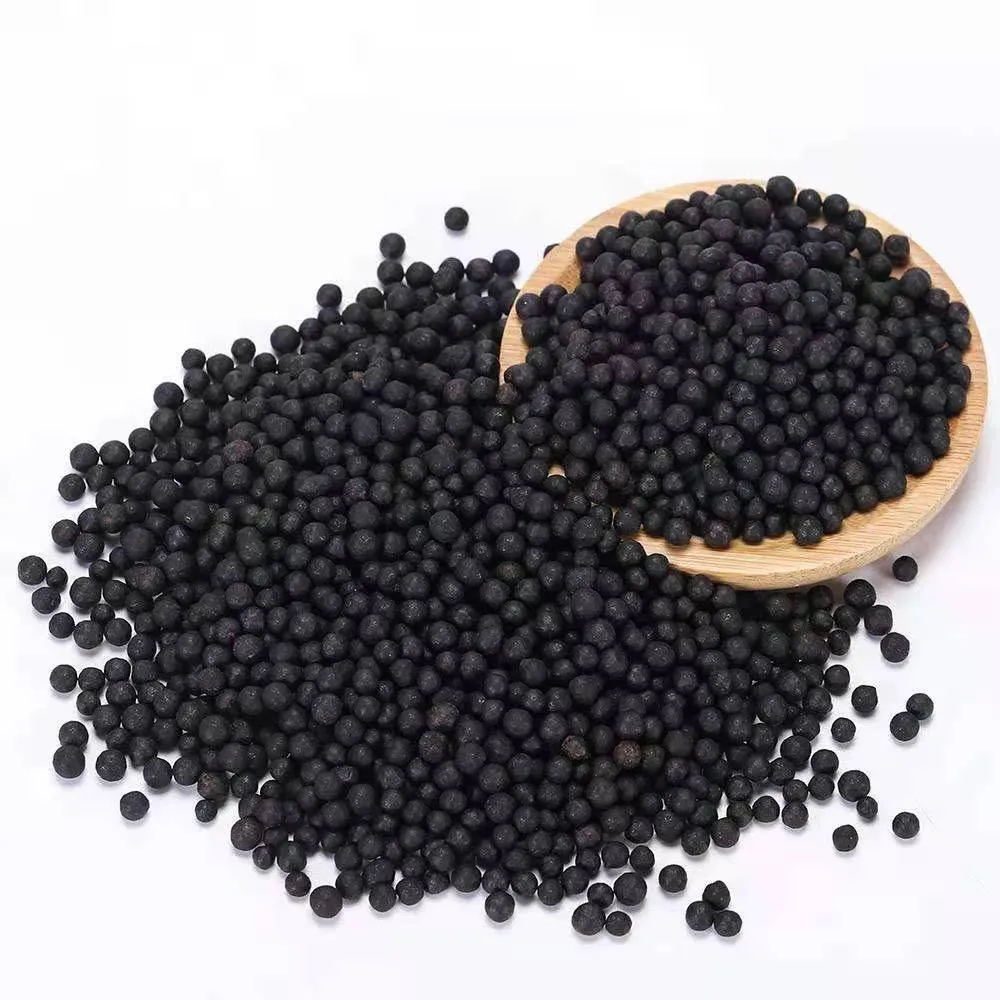
Dec . 09, 2024 23:36 Back to list
The Composition and Benefits of Potash Fertilizers for Agricultural Use
Understanding Potash Fertilizer Its Composition and Importance in Agriculture
Potash fertilizer is an essential component in modern agriculture, playing a critical role in crop production and soil health. The term potash refers to a variety of potassium-containing compounds, primarily potassium chloride (KCl), which is the most commonly used form of potash fertilizer. The significance of potash lies in its high potassium content, which is vital for the growth and development of plants. Understanding the composition, benefits, and application of potash fertilizers can provide valuable insights for farmers and agricultural professionals.
What is Potash?
Potash is a term derived from pot ashes, as it originally referred to the ashes of trees, which were leached with water to extract the soluble potassium. Today, potash is produced through mining and processing of potash ore or through the evaporation of brine from natural sources such as salt lakes. The primary compounds of potash include potassium chloride (KCl), potassium sulfate (K2SO4), and potassium nitrate (KNO3), with KCl being the most commonly used in agriculture.
Potash Composition and Nutritional Value
The percentage of potassium in potash fertilizers can vary depending on the specific type of potash used. Potassium is one of the three essential macronutrients for plants, along with nitrogen and phosphorus, and it is typically expressed in terms of K2O (potassium oxide) when discussing fertilizer content. For example, potassium chloride contains about 60% K2O, meaning that within its composition, a significant portion is directly available for plant uptake.
The role of potassium in plant physiology is multifaceted. It regulates various metabolic processes, enhances the synthesis of proteins and starches, and improves plant resilience against environmental stresses such as drought and disease. Adequate potassium levels in soil promote better root development, improved water retention, and increased fruit and seed quality, which collectively contribute to higher agricultural yields.
Benefits of Potash Fertilizers
1. Improved Crop Quality Potash contributes to the overall quality of produce by enhancing size, color, flavor, and nutritional value. Crops treated with appropriate levels of potash are generally healthier and more appealing to consumers.
potash fertilizer contains

2. Disease Resistance Potassium is vital for the synthesis of proteins and enzymes that help plants defend against diseases. This resilience plays a crucial role in reducing crop losses due to pathogens.
3. Enhanced Photosynthesis Potassium is involved in regulating stomatal movements, which are critical for photosynthesis. This process enables plants to effectively convert sunlight into energy, leading to improved growth and productivity.
4. Water Regulation Potassium helps plants manage their water uptake and balance, reducing the risk of drought stress. This ability to regulate water is particularly important in arid regions where water availability is limited.
5. Soil Health The application of potash fertilizers can lead to improved soil structure and fertility. Potassium aids in the development of soil microflora that are essential for nutrient cycling and soil health.
Application of Potash Fertilizers
Applying potash fertilizers requires careful consideration of soil tests and crop needs. Soil testing provides valuable information on existing nutrient levels, allowing farmers to determine the appropriate amount of potash to apply. Typically, potash fertilizers can be applied at various growth stages before planting, during planting, or as a top-dressing after germination.
The method of application can also vary. Granular potash can be spread using broadcasting techniques, while liquid forms often require special equipment for injection into the soil. It's essential to ensure uniform distribution to avoid localized nutrient deficiencies or toxicity.
Conclusion
Potash fertilizers are a cornerstone of modern agriculture, facilitating improved crop yields and quality. Their high potassium content plays a vital role in various physiological processes within plants. By understanding the importance of potash, its composition, and its benefits, farmers can make informed decisions about soil health and crop management. With the increasing global demand for food production, optimizing the use of potash fertilizers will remain a critical aspect of sustainable agricultural practices, promoting food security and sustaining the health of the planet.
-
Premium Granular NPK Fertilizer Supplier Bulk Wholesale Supply
NewsJun.08,2025
-
Premium NPK 17-17-17 Granular Fertilizer Suppliers for Crop Growth
NewsJun.08,2025
-
Best Organic Tomato Fertilizer for Pots - Boost Growth & Flavor
NewsJun.08,2025
-
15-15-15 Fertilizer for Sale - Balanced NPK Crop Nutrient Boost
NewsJun.07,2025
-
Premium 13-13-13 Balanced Fertilizer 50 lbs for Rapid Growth
NewsJun.07,2025
-
Premium 30-10-0 Fertilizer High-Nitrogen Formula for Rapid Growth
NewsJun.06,2025
